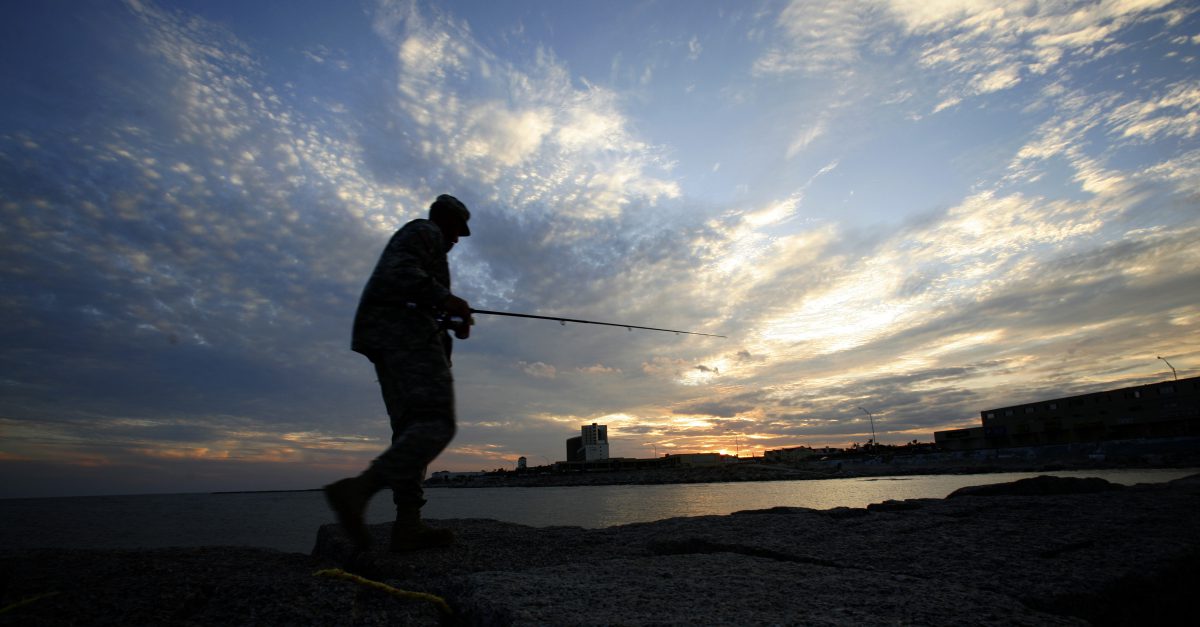After a series of drownings and other accidents, local authorities have announced a ban on any activities in the San Luis Pass waterway. The Brazoria County Commissioners’ Court released a statement that bars visitors from “entering the waters of the San Luis Pass for any activity, including bathing, fishing and/or swimming.” The measure passed by a unanimous vote earlier this week and goes into effect Friday August 18.
Videos by Rare
The vote occurred the day after an incident in which a man and his son-in-law drowned while fighting against a strong current. Larry Lumpkin, 67, of Willis, was swimming in the pass when a strong current pulled him under the water’s surface. Lumpkin’s son-in-law, Dennis Roberson, 46, of Montgomery, dove into the water to rescue him.
RELATED: Possibly “Unbalanced” Kayak Flips at San Luis Pass, Killing One
When Roberson also struggled with the current, his son went in after him. Another bystander, Armando Espinoza, 54, of Houston, tried to help rescue the men. The victims were brought to shore, but Lumpkin could not be revived and was pronounced dead at the scene. The senior Roberson collapsed on the shore and was transported by Life Flight helicopter to UTMB Galveston, where he was pronounced dead on arrival.
The incident followed several other reported deaths from strong currents in the pass. In June, a teenage fisherman who waded into chest-deep water was knocked off his feet. His body was found floating near Galveston Bay two days later. The following month, a man drowned when his kayak overturned as he navigated the currents.
RELATED: Houston, Galveston Getting Second Look as Vacation Spots
The strong currents through the pass are a result of a collision between two major bodies of water. Currents from the Gulf of Mexico collide with the flow from Galveston Bay, which creates powerful rip currents under the deceptively calm surface.
Authorities have posted signs warning visitors about the dangerous waters, but will now enact a complete ban on activities in the pass for the first time.



